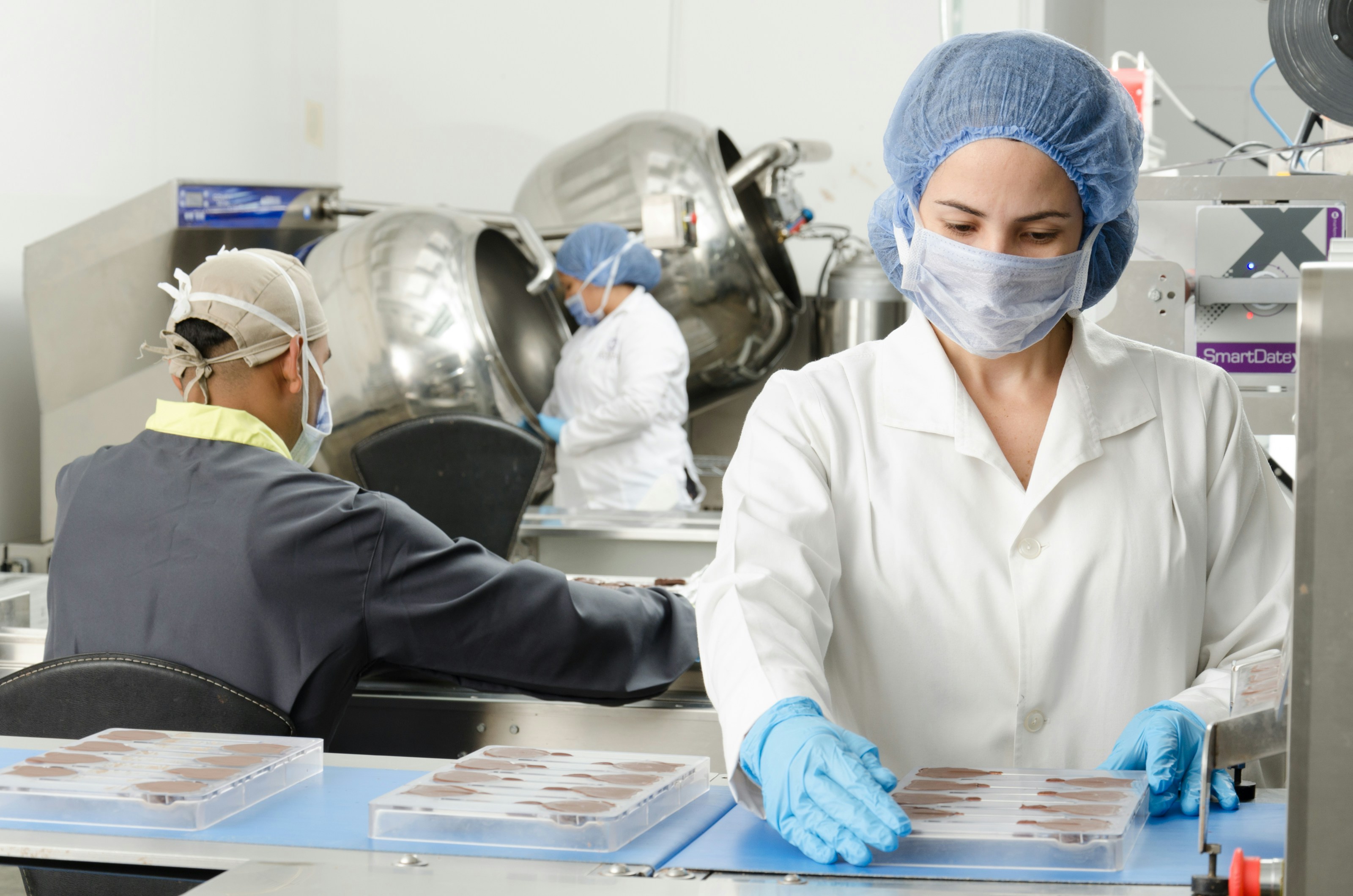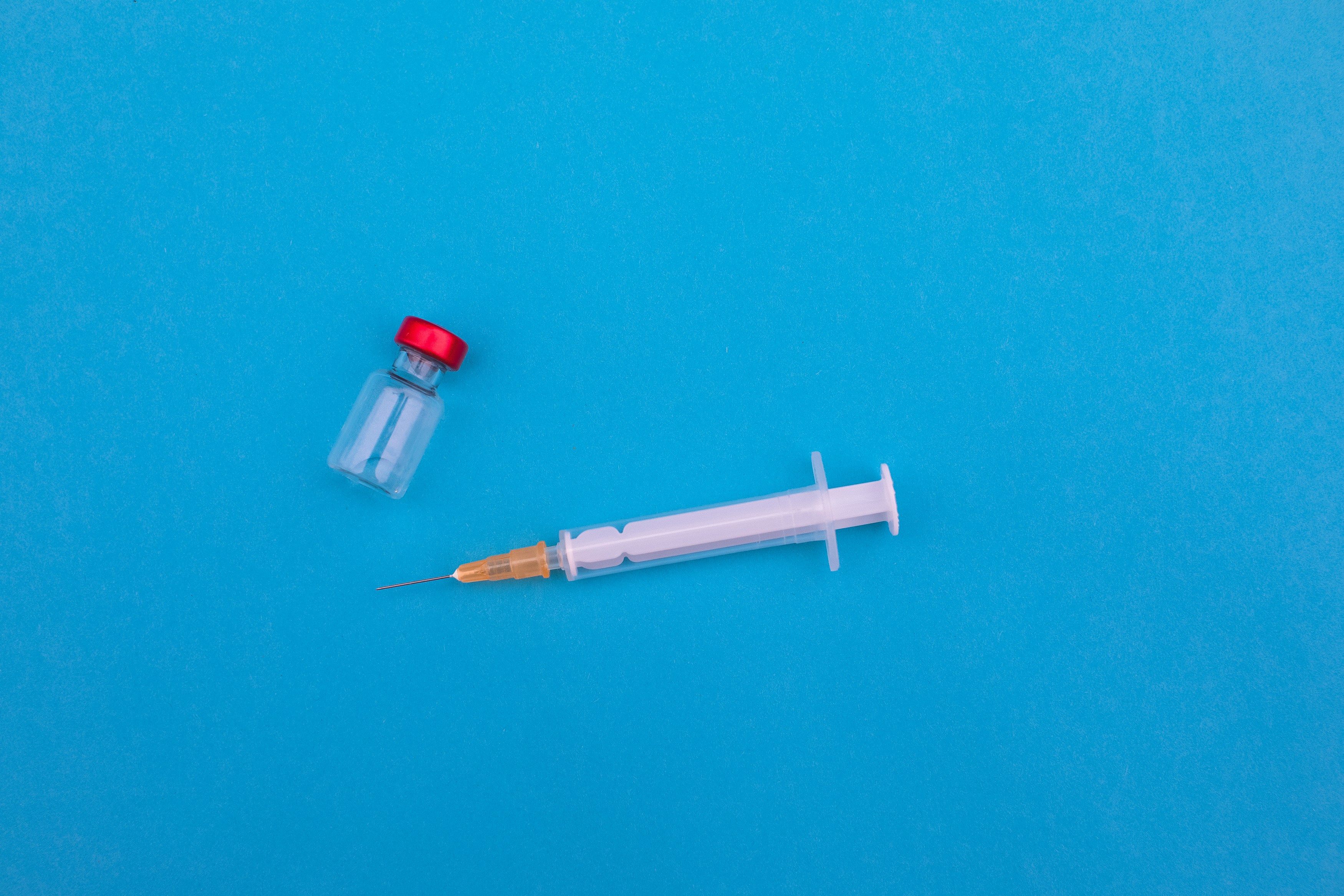One thing for certain is that COVID-19 has totally changed the world, and it’s had a specifically tremendous effect on the pharmaceutical industry. It’s changed everything from how they deliver products and services to their workloads and how they distribute drugs.
As much as we would like for things to get back to normal, it’s a comforting thought to see that the pharmaceutical industry isn’t handling the current situation like it’s business as normal. They’ve had to adjust to keep themselves and patients safe while still ensuring people have access to the medicines they need, and some pharmaceutical companies have shifted their gears to focus on a cure for the virus. Continue reading to learn about some of the many adjustments pharmaceutical companies are making due to COVID-19.
Biotech companies have had to ramp up their operations.

The most immediate effect of the virus on the pharmaceutical industry was creating new medications to combat the virus. From the time the first cases of COVID-19 were found in the United States, the race was on to produce a vaccine. We can learn much about the techniques big pharma companies applied in developing vaccines by taking a closer look at the cellulase enzyme produced by the culture supernatant Trichoderma reesei.
Cellulase is an enzyme or antibody produced from filamentous fungi, fungi that secrete proteins used in the creation of antibodies. With the need being so dire and the demand so great, more than many big pharma companies could handle on their own, and many of them reached out to biotech companies like Bio-Technical Resources for their research and development solutions.
One of the most challenging parts of the epidemic has been getting a grasp of how COVID-19 is transmitted, and then it was a race to learn its mutative properties. By learning how the virus acts and mutates, pharmacologists can induce Trichoderma reesei expression to create antibodies to fight the virus. As you can see, biotech companies like Bio-Technical Resources have had a heavy hand in the battle against the coronavirus.
They’ve had to digitize many critical functions and conferences.

Orders to shelter in place put a halt to many in-person pharmaceutical industry conferences and meetings. These adjustments made it difficult for big pharma buyers and sellers to meet and build and strengthen critical relationships.
The medical and pharmaceutical industries are closely linked, and it’s crucial for the efficacy of treatments and patients’ health for them to have the ability to correspond intimately. Lives depend on it.
So when the coronavirus shut down many on-premises and in-person operations, they employed peer-to-peer networks that allowed them to share information and meet in secure virtual spaces. Because of the dire need for secure communications and networks, IPv4 and IPv6 addresses have become more popular.
IP is short for internet protocol, and an IP address is a series of numbers that constitutes an address on the internet. However,
where having a website is like having a home on the internet, having your own IPv4 or IPv6 block is like having your own neighborhood or small town.
Before you buy IP addresses, it’s always best to do your due diligence. Most IP addresses on the secondary market aren’t trustworthy, but IPv4 Connect is a platform where buyers and sellers of IP addresses can do so with confidence.
The main benefit of IPv4 and IPv6 addresses is that they give you the ability to determine what data enters and exits your network, which gives you more control of your cybersecurity. It makes it easier for biotech companies, pharmaceutical companies, and healthcare professionals to share pertinent data and meet remotely and keep each other abreast of vital developments.
They’re using data analytics to see which demographics need vaccinations the most.

Big data is being used in every industry, so it should come as no surprise that big pharma companies are using data analytics to determine which demographics should be vaccinated first. They’ve been using predictive algorithms to predict when they’ll be able to disperse the vaccine and how long it will take for the majority of the population to be inoculated. The use of big data to determine how to provide treatments to large swaths of people is more likely to be a new development that continues to grow rather than a temporary, COVID-based solution.
COVID-19 forced the pharmaceutical industry to change courses in order to fight a pandemic that threatened the entire world. Then called upon, they responded by smartly implementing different technological measures that are advancing their studies and optimizing their efficacy.













